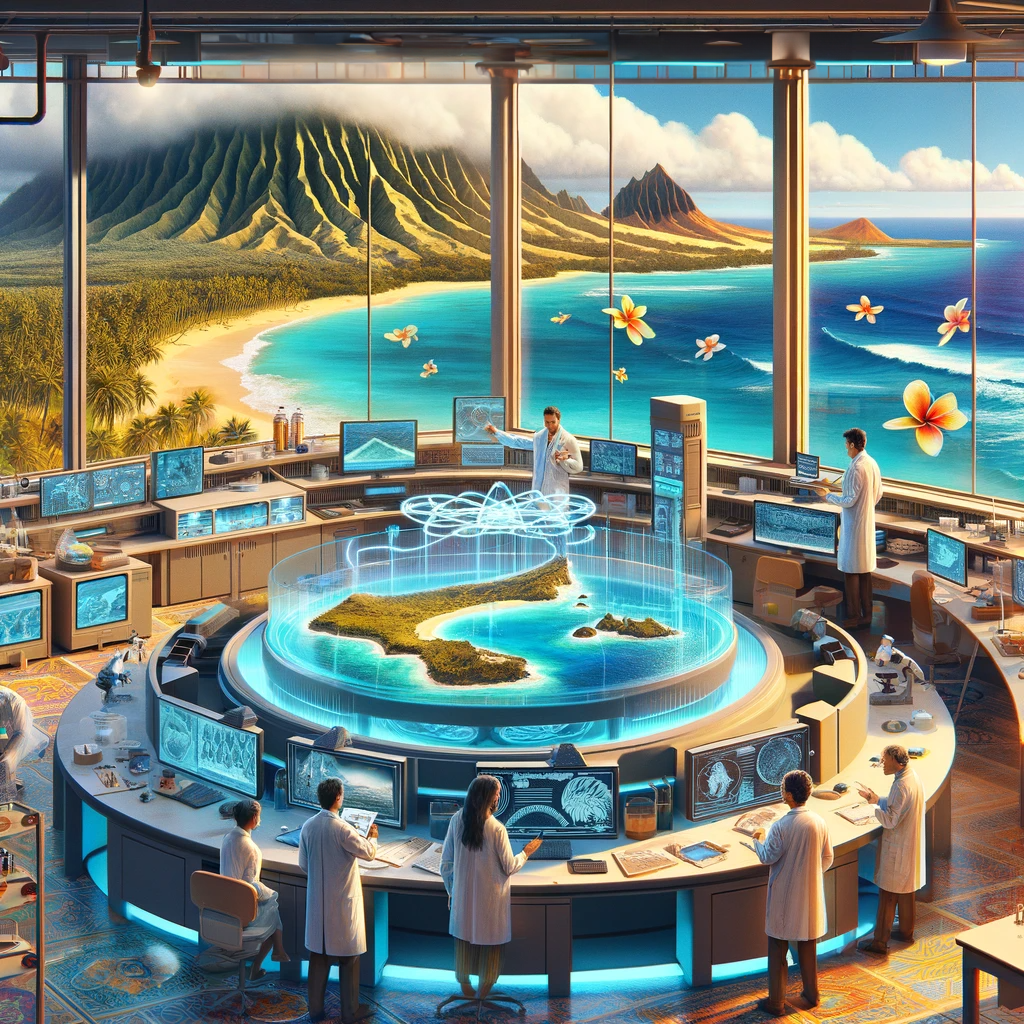The Green Will Conservancy acts as a model that can be copied, and we expect that public policymakers will naturally start using these small-scale models as they see how effective they are and become more aware of the consequences of unsustainable practices. Education, mental health, and social work systems are already adopting new treatment models based on neuroscience and social ecology to tackle the trauma and resilience needs of the 21st century.
Our program seeks to support individuals and families from various ethnic and cultural backgrounds, especially those vulnerable to environmental, economic, and social marginalization. We will provide high-quality continuing education for community professionals offering health, education, and mental health services to these communities. Through our online interactive institute, we hope to raise awareness of our program models and resources worldwide, encouraging others to replicate and innovate.
We’ve developed a demonstration program that can be applied broadly, utilizing both onsite and online learning platforms. Our approach integrates community organization, ecological system models, and trauma-informed care strategies based on neuroscience to build a comprehensive and flexible framework.
The program design and research outcomes are tailored to be highly relevant, accessible, and applicable to the global human population using Internet technology. This approach ensures a broader reach and greater applicability for the benefit of diverse communities worldwide.
We invite social researchers to explore onsite study opportunities and actively engage with distance researchers through our collaborative practices and internship programs.












